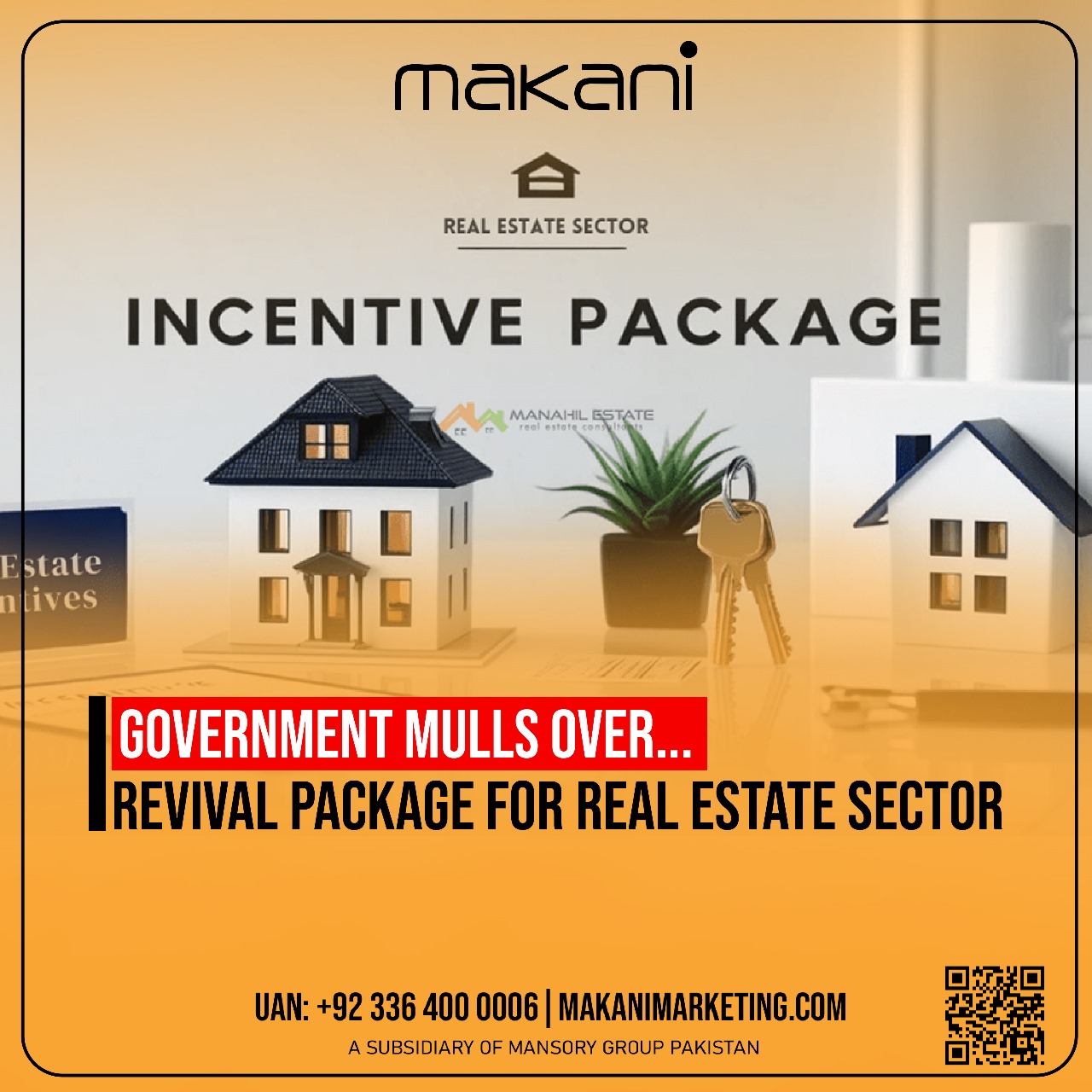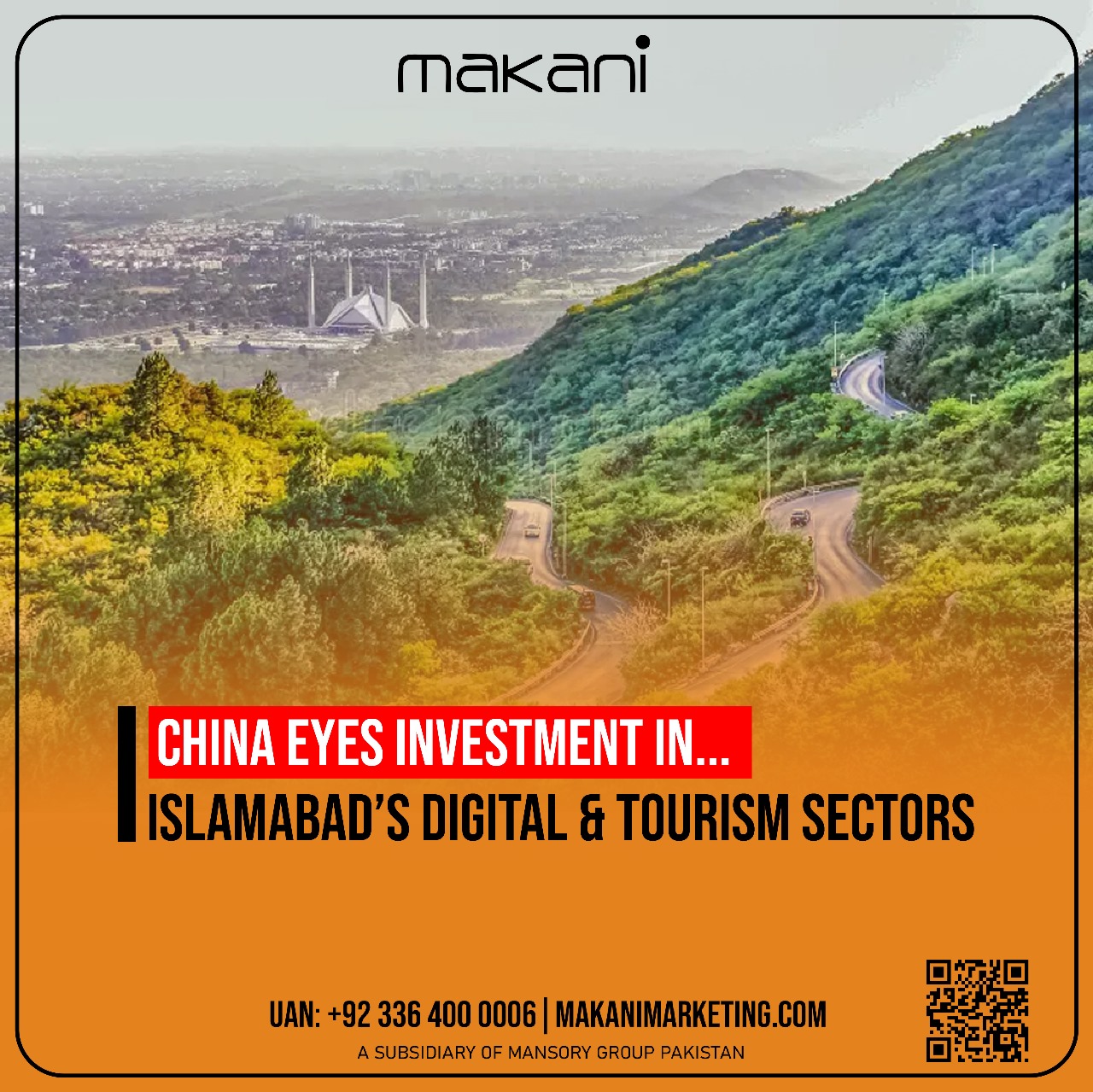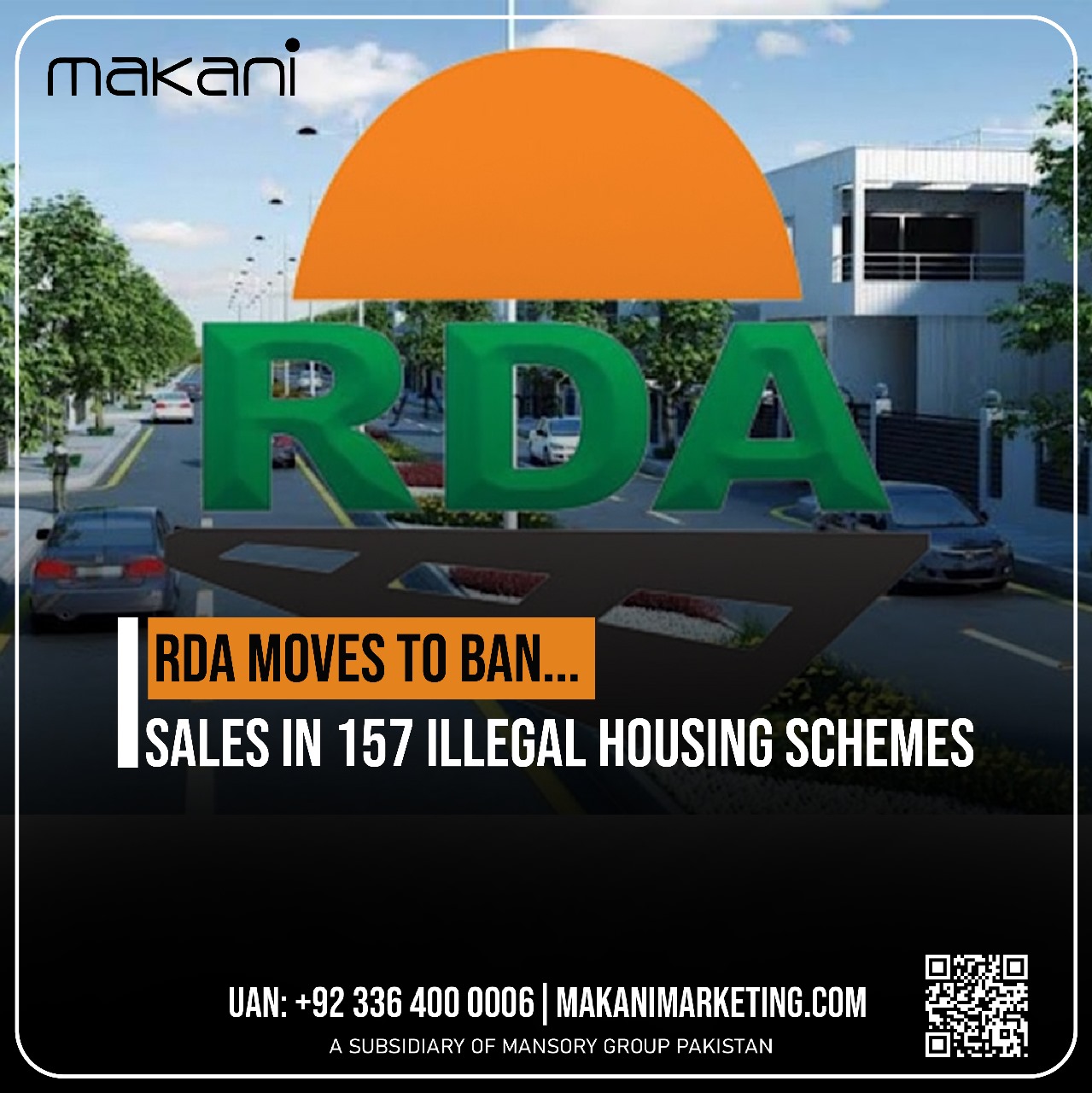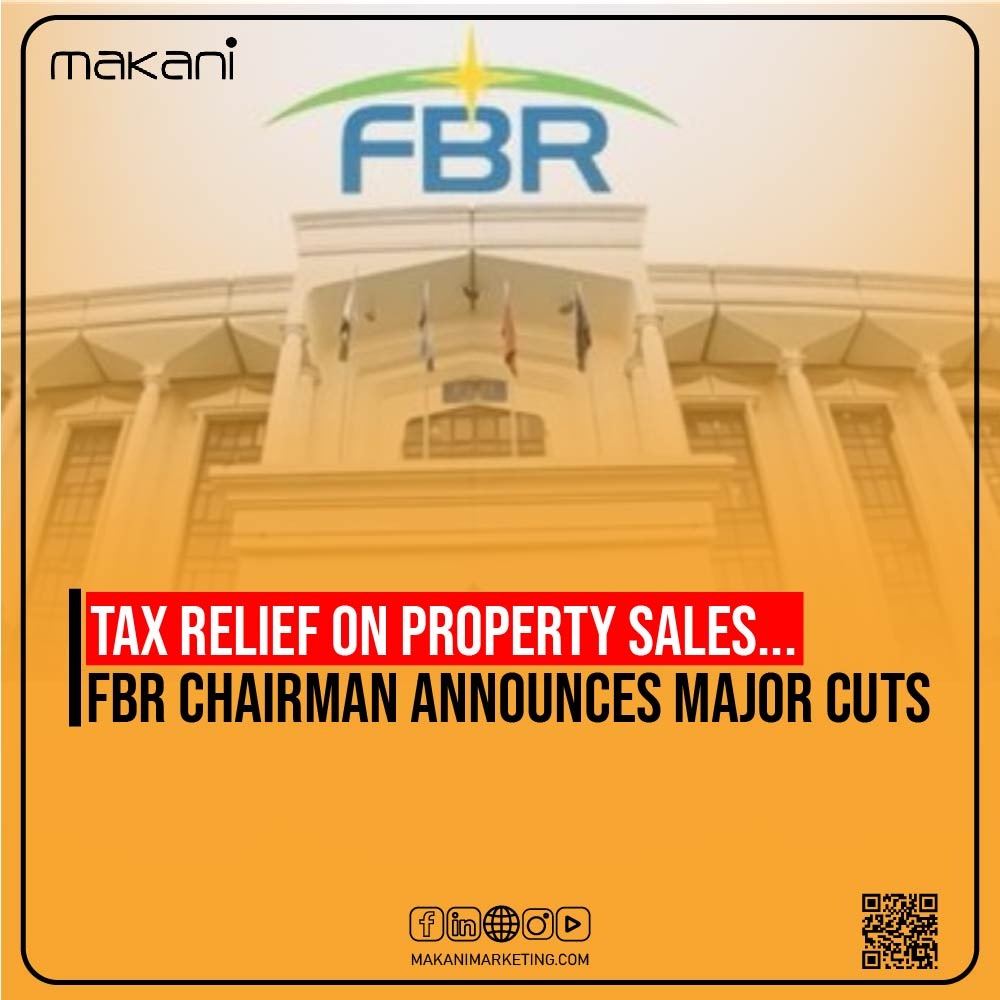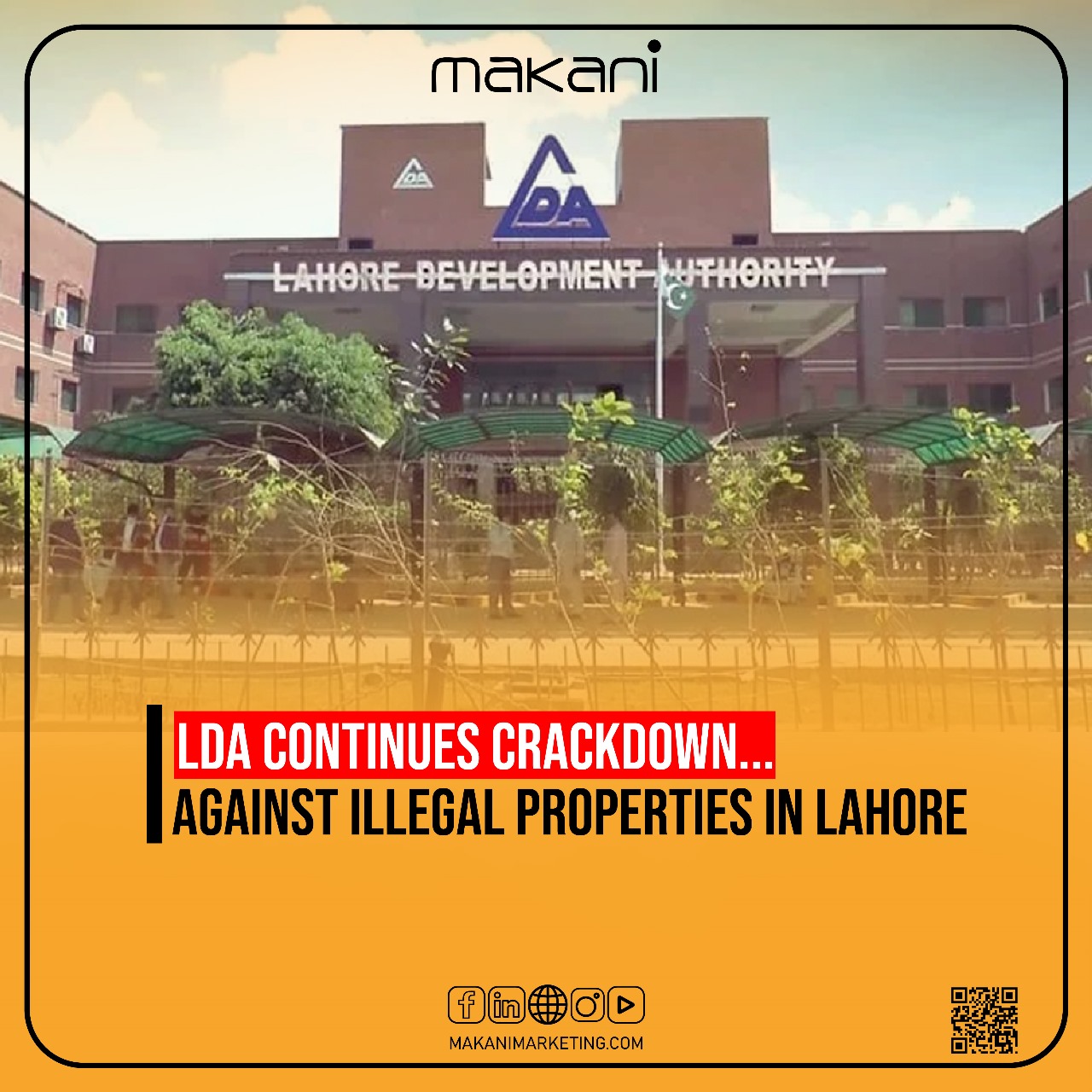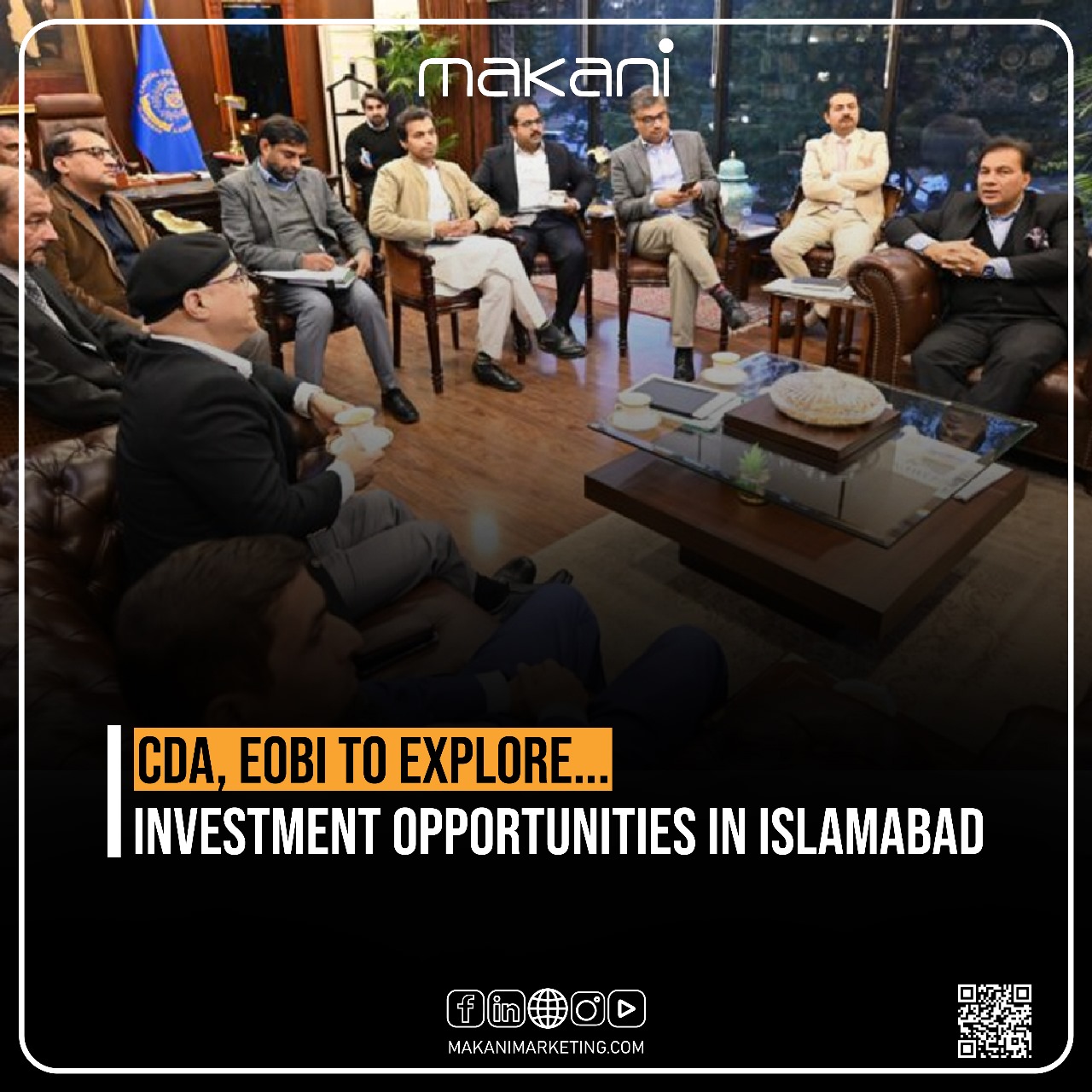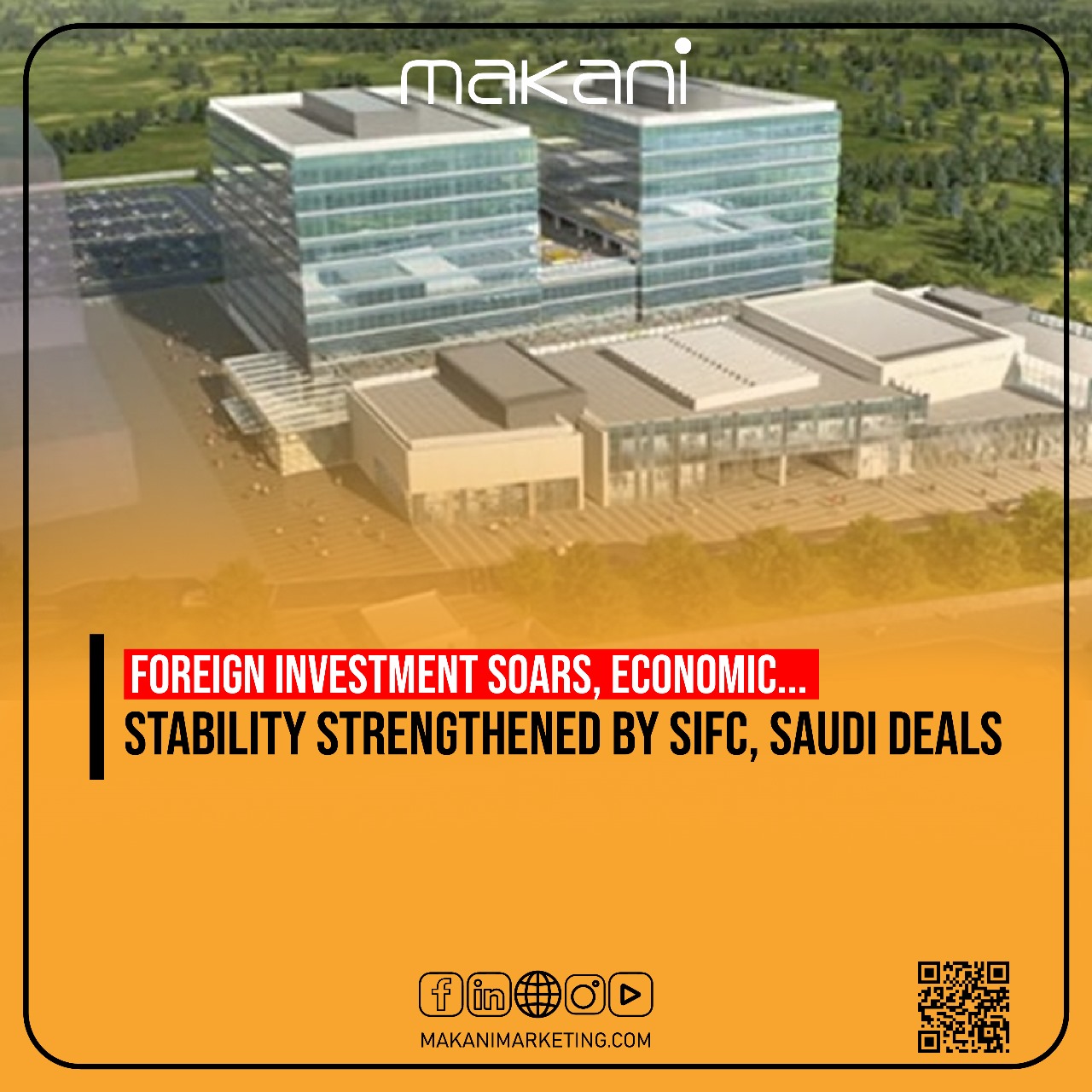Posted by Makani Marketing | Monday, December 9th, 2024 | Property Blogs
As Pakistan’s real estate market continues to evolve, developers are facing an increasingly competitive landscape. With rapid urbanization, a growing middle class, and a tech-savvy generation of homebuyers, traditional marketing strategies are no longer enough to stand out. In this dynamic environment, real estate developers must adapt by incorporating collaborative marketing strategies that leverage strategic partnerships.
Collaborative marketing allows developers to expand their reach, enhance their brand credibility, and provide unmatched value to potential buyers. By teaming up with banks, lifestyle brands, tech companies, and digital platforms, real estate developers can create innovative offerings that resonate with today’s consumers and drive business success.
In this article, we’ll explore actionable collaborative marketing ideas for real estate developers in 2025, showcasing practical examples and how developers can harness these strategies to stay ahead of the competition.
Why Collaborative Marketing is Key to Success in Real Estate in 2025
The real estate market in Pakistan is at a pivotal moment. Developers are looking for innovative ways to attract and retain customers, as buyer expectations shift towards value-added services and seamless experiences. Collaborative marketing is a powerful tool that allows developers to create compelling partnerships, enhance customer experience, and expand their market reach. By working with trusted brands and organizations, developers can amplify their efforts and reach new, untapped audiences.
Also Read: DHA Margalla Enclave Islamabad – A Joint Venture Project by CDA and DHA Islamabad
Top Collaborative Marketing Strategies for Real Estate Developers
1. Partnering with Banks for Flexible Financing Options
One of the most impactful collaborations a developer can make is with banks. Financial institutions offer financing solutions that make homeownership more accessible, and through partnerships, developers can offer tailored payment plans, reduced markup rates, and exclusive mortgage options to potential buyers.
Example: A developer in Islamabad could partner with a leading bank like Bank Alfalah to offer Sharia-compliant financing or low-interest loans to buyers, making it easier for them to purchase high-end properties.
2. Leveraging Digital Wallets for Seamless Payments
As digital payments gain momentum in Pakistan, developers can collaborate with mobile payment platforms like Easypaisa or JazzCash to streamline transactions. These partnerships not only make the payment process more convenient but also cater to the younger, tech-savvy demographic that increasingly prefers cashless transactions.
Example: Housing societies in Lahore can integrate Easypaisa to facilitate secure digital payments, offering buyers exclusive cashback deals or discounts on transaction fees, enhancing the customer experience.
3. Collaborating with Lifestyle Brands to Add Value
Collaborating with lifestyle brands can add significant value to property purchases. By partnering with furniture manufacturers, appliance companies, or interior designers, developers can offer home furnishing packages or discounts on quality products, which can make the buying decision easier for clients.
Example: A luxury developer in Karachi can partner with Interwood or Haier to offer home appliance packages at a discounted price, adding extra appeal to potential homebuyers looking for move-in-ready homes.
4. Influencer Marketing and Social Media Campaigns
In 2025, social media and influencer marketing continue to be powerful tools for real estate marketing. By collaborating with popular influencers, developers can showcase their projects to a broader, younger audience and create buzz around new developments. Influencers can share virtual tours, live Q&A sessions, and property walkthroughs, significantly boosting engagement.
Example: A developer in Rawalpindi can invite top Pakistani YouTubers and TikTok influencers to tour a new housing project, leveraging their audiences to increase brand visibility and attract potential buyers.
5. Sponsorships and Local Event Marketing
Sponsoring local events, property expos, or community festivals can be an effective way for developers to connect with targeted demographics and build brand trust. Participating in or sponsoring high-profile events gives developers the chance to interact directly with potential buyers, generate interest, and foster a sense of community.
Example: Participating in an event like Zameen Expo, where leading developers showcase their projects, can help a developer in Islamabad reach thousands of potential investors in a single weekend.
6. Corporate Tie-Ups for Exclusive Employee Benefits
Collaborating with corporations can open up new channels for developers to market their properties to employees in large companies. By offering corporate discounts, flexible payment plans, and priority bookings, developers can tap into a lucrative demographic of professionals.
Example: A developer in Karachi could team up with PTCL to offer employees exclusive discounts and priority booking for properties, catering to the high-income corporate sector.
7. Loyalty Programs to Reward Repeat Business
Loyalty programs are highly effective in encouraging repeat investments. Developers can create schemes that reward clients for their continued business, such as discounts on future property purchases, free upgrades, or referral incentives.
Example: A developer in Lahore might offer 5-10% discounts on subsequent property purchases in the same development, or provide free modular kitchen upgrades for clients who buy additional properties.
8. E-commerce Integration for Greater Visibility
Incorporating e-commerce platforms like Zameen.com and Graana.com can significantly enhance the visibility of real estate projects. By showcasing virtual listings, interactive floor plans, and high-quality images, developers can attract local and international buyers.
Example: Developers can collaborate with Graana.com to display their projects, making it easier for overseas investors to explore properties through virtual tours and 3D walkthroughs.
9. Smart Home Technology Partnerships
As technology continues to evolve, smart homes are becoming increasingly popular. Collaborating with tech companies like Google Nest or Samsung allows developers to integrate energy-efficient appliances, smart security systems, and other cutting-edge technologies into their properties, making them more appealing to modern buyers.
Example: A developer of luxury villas in Dubai might partner with Samsung to offer smart home packages, giving buyers access to state-of-the-art security features and energy-efficient appliances.
10. Sustainability and Green Building Collaborations
Eco-conscious buyers are increasingly prioritizing sustainability when choosing properties. Developers can partner with solar energy providers, green certification bodies, or environmental NGOs to incorporate eco-friendly features into their projects. This includes solar panels, rainwater harvesting systems, and energy-efficient construction.
Example: A Karachi-based developer might work with the Pakistan Green Building Council to make their new residential project eco-certified, attracting buyers who value sustainability.
The Benefits of Collaborative Marketing for Developers
Collaborative marketing provides numerous benefits for developers looking to differentiate their offerings in a competitive market:
- Expanded Reach: Strategic partnerships with banks, tech firms, and lifestyle brands help developers connect with a broader audience.
- Cost-Effective Marketing: Shared marketing resources lower costs while increasing the overall impact of campaigns.
- Credibility Boost: Partnering with established brands enhances the developer’s credibility and trustworthiness.
- Added Value: Through collaborations, developers can offer buyers additional incentives, like discounts, flexible financing, or smart home technologies, which make properties more appealing.
- Streamlined Processes: Partnering with payment platforms and financial institutions simplifies the buying process for customers.
- Brand Recognition: Co-branding efforts and sponsorships create a lasting presence in the market.
Conclusion: Embrace Collaboration for Long-Term Success
The real estate market in Pakistan is becoming increasingly competitive in 2025. To stand out, developers must move beyond traditional marketing methods and embrace collaborative marketing. By partnering with banks, tech companies, lifestyle brands, and sustainability experts, developers can create innovative offerings that provide exceptional value to buyers and foster long-term relationships.
Collaborative marketing not only helps expand reach but also enhances customer experience, builds brand recognition, and boosts credibility. As the market evolves, developers who harness the power of collaboration will be better positioned to thrive in an increasingly complex and competitive real estate landscape.
For more information on how to implement these strategies or to explore partnership opportunities, visit Makani Marketing today and discover how collaboration can transform your real estate business in 2025.


